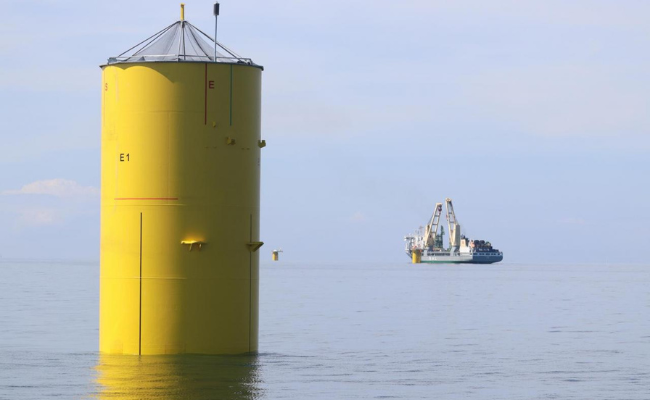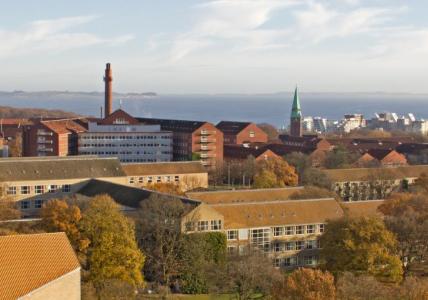All eyes are on the North Sea, and for good reasons. This marine space is set to play a key role in Europe’s energy transition while there are plenty of other interests at play. The potential is huge, and so are the stakes. What is Interreg’s role in shaping the future of the North Sea?
On 9 November 2023, nine countries formed the Greater North Sea Basin Initiative (GNSBI) that aims to enable shared use while protecting the marine ecosystem. The initiative works to better align on Maritime Spatial Plans, streamline management, and coordinate sectoral interests across boundaries in the Greater North Sea.
Whilst the GNSBI and Interreg are formally separate initiatives they are pursuing similar goals in certain domains. The GNSBI and activities connected to it are, therefore, very important for the Interreg programmes operating in the Greater North Sea.
To demonstrate the strength of Interreg in the wider context of the GNSBI, we have produced a joint paper together with the Interreg North-West Europe Programme.
How Interreg helps
Human usage of the North Sea - already teeming with activity - is intensifying. Its huge wind resources alone make it incredibly attractive for developers. Meanwhile, activites such as shipping, tourism and fishing combine to make the Greater North Sea one of the most heavily trafficked seas in the world. The GNSBI initiative reflects the importance of reconciling all interests in this shared marine space.
In this context, Interreg has much to offer, including a proven approach to fostering cooperation among a diverse range of stakeholders in different countries. The North Sea Programme has often played a pioneering role in the governance of the North Sea and this effort continues within 10 ongoing projects.
Since the Interreg North Sea and North-West Europe programmes both cover parts of the Greater North Sea Basin, we have produced a joint document showcasing selected projects supported by each programme. The aim is to make GNSBI stakeholders aware of Interreg as a force for driving positive change in the North Sea.

There are many interests in the North Sea. The Greater North Sea is understood as the most extended definition of the North Sea, including the English Channel. The geography of the current North Sea Programme reflects this definition. Photo: Dominic Pug/BSH/Norsaic.
Creating synergies together
At the North Sea Programme, we are constantly seeking to match projects with other initiatives, to make the most of the EU funding and create synergies. In the previous programme period (2014-2020), our 73 projects had synergies with at least 668 other European projects. We have so far never seen any duplication of efforts. Rather, the projects have generated stronger results by complementing each other and building upon each other's work.
As individual programmes the North-West Europe and North Sea programmes seek to work together and create synergies when relevant. This joint paper is yet another practical example of these efforts.
Browse through the joint publication below:
Top image: iStockphoto



